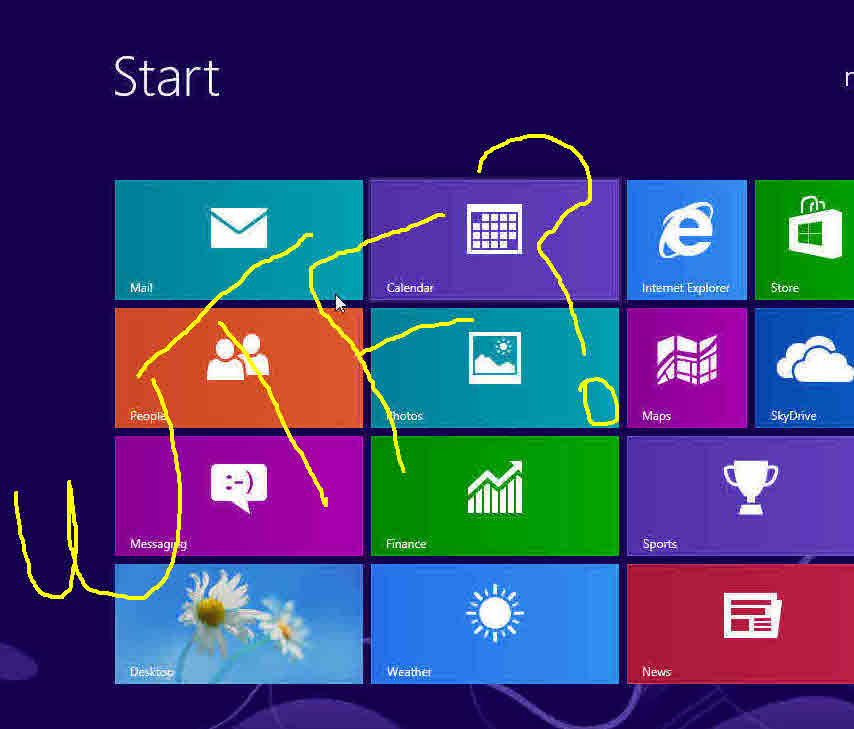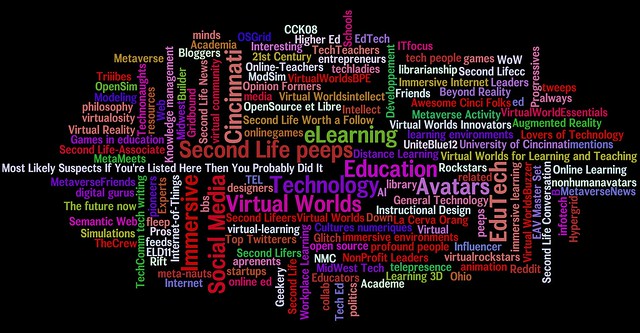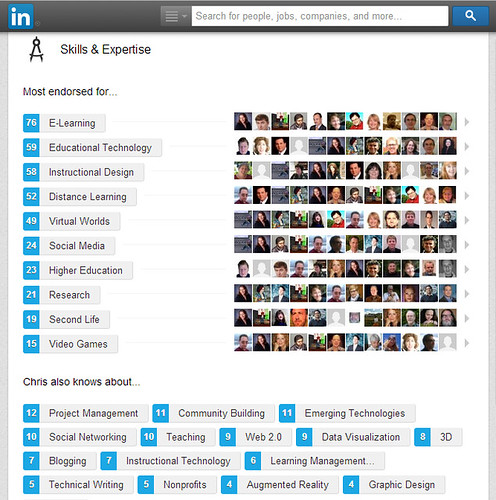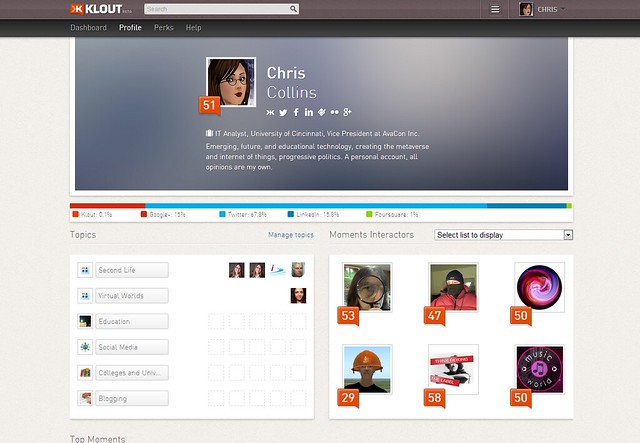It’s a chilly Saturday morning in November, and I’ve got three whole days off with no plans, no social commitments, and no agenda other than cleaning house this weekend. It feels marvelous to have a stretch of free time after a very busy few months.
It’s been a long time since I posted about work related things on my personal blog, but we have had several big accomplishments to celebrate the past few weeks!
Creation of the University of Cincinnati Staff Senate
The first is the creation of a university-wide Staff Senate. On October 16th, the UC Board of Trustees approved a resolution to create a Staff Senate to give staff a formal voice in the university’s governance process, and I was honored and excited to be involved in the process. It took nearly two years to shepherd the idea from start to finish, and though I only played a minor role in the beginning, I’ve been very involved since the start of 2018 helping draft the bylaws and advocating for the Senate to university leadership.

Smiling at the Board of Trustees meeting when the resolution finally passed!  Photo: Joseph Fuqua II/UC Creative Services
When the resolution passed as few weeks ago, it felt like such an accomplishment to give the employees of the university a voice. As someone who has worked at UC for going on 20 years, it has always seemed like an oversight that faculty and student governance groups were represented at the decision-making table, but staff were not. I hope that the creation of a Staff Senate doesn’t add yet another bureaucratic layer to the already complex decision-making process, but instead becomes a a useful forum for staff to share their institutional knowledge and expertise with the other governance bodies on campus.

Posing for a picture with some of the other members of the Staff Senate Advisory Committee.  Photo: Joseph Fuqua II/UC Creative Services
I’m sure more hard work lies ahead, but I feel proud of our team for persevering and working so well together, and I’m looking forward to the next chapter to get this thing off the ground and running well. I hope we get lots of participation from around campus in 2019!
The University of Cincinnati Bicentennial Virtual Reality Experience
Another huge project that has been a main focus of our work at the UCSIM | Center for Simulations & Virtual Environments Research this year has been the development of the Bicentennial Virtual Reality Experience that will launch in January 2019 to celebrate the university’s 200th anniversary.
Article in UC Magazine highlighting the Bicentennial VR project.
The Bicentennial Virtual Reality Experience will allow visitors to go back into “signature moments” in the university’s history through five episodes, or vignettes, celebrating the history of research, the classroom experience, our Bearcat Spirit, the struggle for diversity and inclusion, and the changing architecture of the university.
@Prez_Pinto finds himself in Albert Sabin‘s lab thanks to virtual experience created by @ucsim as @uofcincy prepares to celebrate our Bicentennial #BoldlyBearcat @uofcincyfound @uofcincyalumni pic.twitter.com/wjYHDVtTdw
— Peter Landgren (@Prez_Landgren) March 19, 2018
It’s been a tremendous opportunity for our team to work with so many historians, experts, and university departments throughout the development process. We are super excited to wrap up development and prepare for the VR exhibit launch in the coming months! Stay tuned and check out all the upcoming Bicentennial events planned for 2019.
A New Grant Award with the College of Nursing
Lastly, just as the week was ending on Friday, we received notice that a grant proposal submitted by the UC College of Nursing to create VR simulations with UCSIM was funded! I can’t even find any announcements or news on the Ohio Colleges of Medicine Government Resource Center website yet, but the Medicaid Technical Assistance and Policy Program Providers as Allies in Equity and Care RFA called for applications to create virtual reality experiences and patient simulations for Medicaid providers.

The goal of the grant is to advance, “..health equity for the Medicaid population by increasing Medicaid provider cultural competency and awareness of implicit bias. This will be accomplished through training composed of virtual reality and simulated patient experiences that will include direct interpersonal feedback related to the interaction of patients and families in a variety of challenging circumstances.”
This will be a major project through the rest of the academic year, and I’m excited to work with our partners in the College of Nursing and College of Medicine in the coming months. What a terrific way to end the week before we headed off for a 3-day weekend!
With all of these exciting developments at work, it’s been a hectic fall semester for me and the whole UCSIM team. I hope everyone is enjoying our long weekend off and staying warm as the leaves fall around us. The next few weeks will be a sprint to finish things before the holiday season, but we’ve had many great accomplishments to celebrate in 2018!



.jpg)






